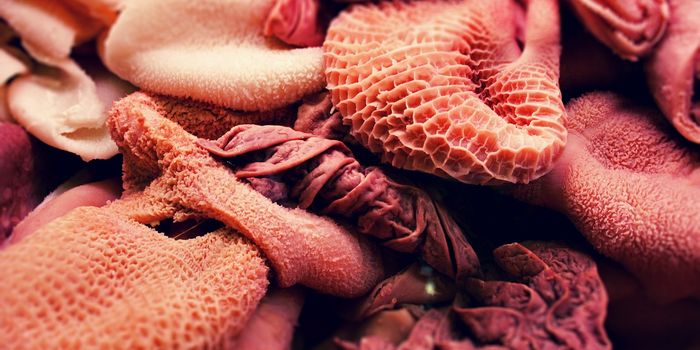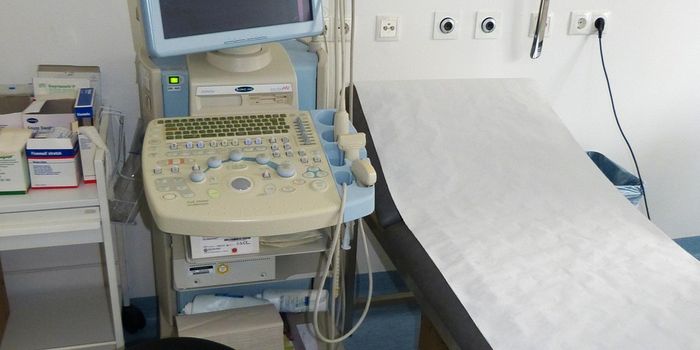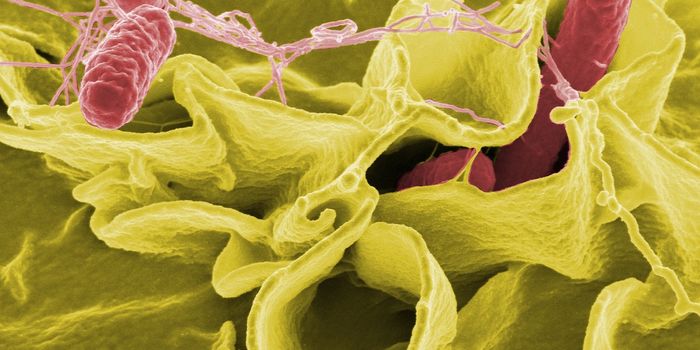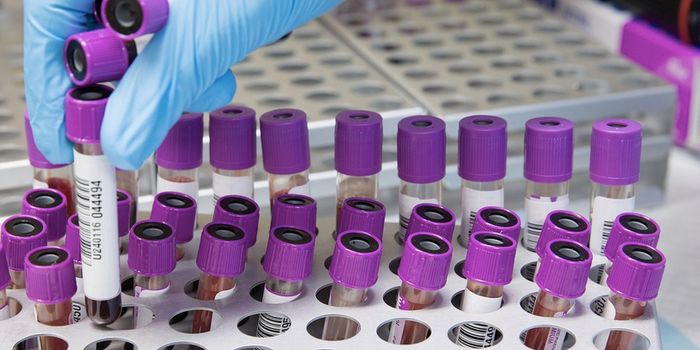Can Allergy Symptoms be Relieved by Treating Micronutrition Deficiencies?
New research has indicated that deficiencies in micronutrients can promote inflammation, and make the immune system more sensitive to allergens. This study, which was reported in The Journal of Allergy and Clinical Immunology: In Practice also suggested that iron deficiencies are particularly harmful for immune cells, and can lead to an excessive immune response. Overactive immune systems can lead to disease. When researchers treated a group of volunteers in a placebo-controlled, double-blind trial, they showed that targeted dietary changes can alleviate some allergy problems.
Our immune systems are only supposed to respond to danger, such as pathogenic invaders or cancer cells, and turning down the immune response can be as important as turning it up. When the immune system become hyperactive, the body is on high alert, and the absorption of iron is slowed down. However, inadequate iron might be causing the hyperactivity, so the problem becomes worse in a vicious cycle.
In this work, the researchers conducted a trial in which micronutritional deficiencies were restored. Lozenges were created that utilize a protein found in whey, called beta-lactoglobulin, which can act as a carrier for various micronutrients. Since only a very small amount of iron, under one milligram, was in the lozenge, it was not considered an iron supplement.
This approach enables the micronutrient absorption to happen in the lymph instead of blood vessels, noted study leader Franziska Roth-Walter from the Messerli Research Institute. The lymph is "..exactly where immune cells are present in abundance ensuring micronutrient uptake in a targeted manner."
A small group of 51 birch pollen allergy sufferers were recruited for the study, and half were given lozenges while the other half were given placebos that they took twice daily for six months.
This work showed that people who were allergic to birch pollen experienced a significant reduction in their symptoms after six months of treatment with iron. There was also a reduction in the level of medications that the lozenge-taking study participants took. After the volunteers were on the treatment regimen for six months, iron levels in circulating monocytes and red blood cells were improved.
Right now, the only treatment immunotherapeutic options for allergic disease involve exposure to the allergen, so birch pollen would be used against birch pollen allergy.
"Supplying the immune cells with micronutrients via the lozenge showed a strikingly similar efficacy, but in a completely allergen-independent and therefore universal way," noted Roth-Walter.
People that have to deal with allergies might have a new treatment option that involves using small dietary measures to treat hypersensitivity in the immune system, rather than aiming at a specific allergy.
Sources: Medical University of Vienna, The Journal of Allergy and Clinical Immunology: In Practice









